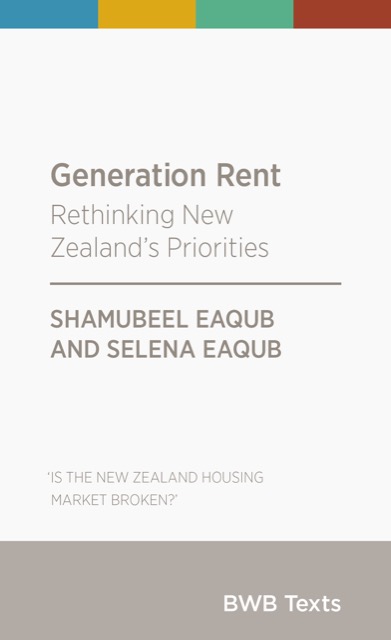Smart-growth land-use controls are creating a generation of renters and result in “social and housing apartheid,” say economists Shamubeel and Selena Eaqub. Writing from and about Auckland, New Zealand, they note that, since 1995, the cost of developable land has risen 73 percent faster than incomes (p. 52).
They admit that demand has played a role in housing prices, but not the principle role. “Over time, house prices can fluctuate considerably, but, in the normal scheme of things, only in a transitory way,” they write. “Prices will rise to signal the market to make more houses and then fall back when supply matches demand. But house prices can rise continuously, relative to incomes and rents, if there are physical or regulatory constraints that stop supply” (p. 51).








